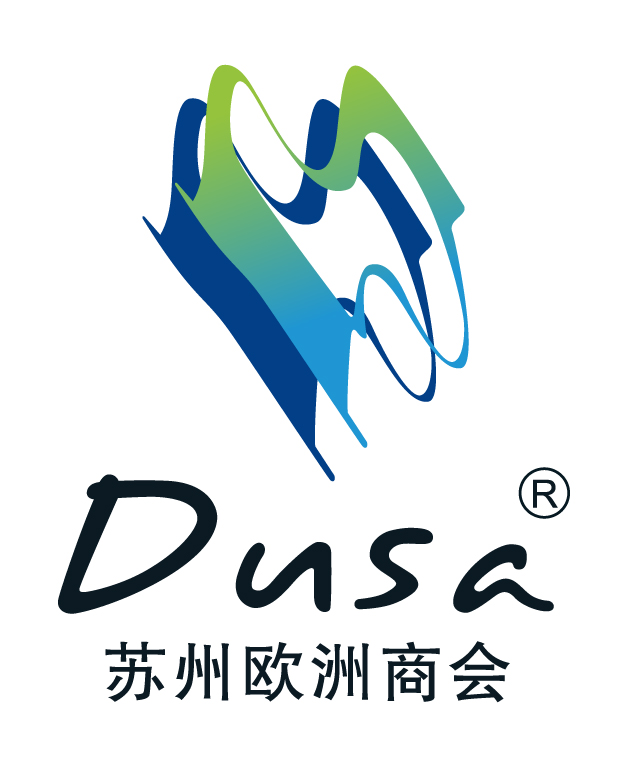2023 中德管理控制论坛:为企业转型服务的管理控制 | 2023 Sino-German Controlling Forum: Controlling for Transformation
කොටසේ දළ සටහන
-

本次活动由下列各方合作举办 | This is a joint event co-organized by


本次活动得到下列方面的支持 | The event is supported by




-
2023年6月18日 9:15 - 17:30 (签到 8:30 开始并提供茶歇早点) | June 18, 2023 9:15 - 17:30 (Registration starts at 8:30 with coffee and snack)
-
苏州吴宫泛太平洋酒店,苏州市新市路 259 号 |
Suzhou Pan Pacific Hotel, 259 Xinshi Rd, Suzhou, China
-
英语 | English
-
Since the 9th Sino-German Controlling Forum in autumn 2021 we have experienced major events that have affected the world with a lasting impact. Geopolitical tensions and the war in Ukraine have further interrupted supply-chains and fueled inflationary pressure which put the cash and profitability position of companies under severe pressure. The major impacts of COVID-19 are becoming a thing of the past and the society and economy come back to normality, the “new normal”. Despite and because of those challenges industries are experiencing the transformational powers at a large scale.
At the forum we try to provide a platform for the exchange among financial as well as non-financial professionals in Sino-German business community on some of the topics. What are the business models for future success and which industries have the potentials for future growth: The analysis of current state and future outlook of German business in China will be necessary for both large multi-national companies and small-to-medium sized enterprises which are adapting to an increasingly complex business environment.
The speed of transformation seems to be unprecedented. The Automotive industry in China is leading the shift from the pure internal combustion engine drive-train to E-Mobility and Intelligent connected vehicles. Within the companies the digitalization trends revolutionize entire business processes. The upskilling and talent development are becoming more important. On the other hand, companies are being offered by Local Governments with incentive programs. Those new stakeholders bring opportunities but also requirements for the whole organization. Despite all those developments the key tasks of the Controllers and the Finance professional is always the support and the guidance as a navigator and business partner.
Furthermore, many multinational companies have started their transformation roadmap for upgrading of their ERP systems from SAP R/3 to S4 HANA. How does the transformation usually occur and what will mean for the local Finance organization as backbone of the companies? Besides the well-established system, new Workflow and Collaboration-Systems have gained more acceptance in the companies. Not only have they become more integrated into the day-to-day operations, but their complexity been scaled down in such a way that Citizen IT as power users is able to quickly realize enterprise-wide processes.
Transformation is not only taking place in multi-national companies or large business groups, but also in the sector of small-to-medium sized companies. How to copy with the increasing cost and cash pressure in business, how to reduce risks in supply chain in a time of increasing geopolitical tension, how to develop a company-specific path for digitalization with limited IT resources, and how to develop internal controlling capabilities meeting the requirements of transformation, are all points of common interests for both business & finance and controlling managers.
Those topics will only be some areas which will be covered in the 10th Sino-German Controlling Forum, which has its leading motto “Controlling for Transformation”.
We would like to welcome everyone interested in future-oriented controlling and business practice in China to join the largest annual controlling event of Sino-German and Sino-European business community in China. Do not miss the opportunity to exchange your viewpoints and experience with old and new friends in Suzhou on June 16th, 2023! We are awaiting your attendance!
-
-

The world has undergone substantial changes under the COVID-19 pandemic in recent years, followed by geopolitical turmoil and increasing global tensions in 2022. Companies are facing unprecedented challenges paired with an uncertain future outlook. This keynote speech explores how German companies in China are adapting to an increasingly complex global and local environment. How to address and cope with instabilities, what are business models for future success and which industries have a potential for future growth.
-

After decades of constant growth, the automotive sector in China is undergoing a fundamental change from Internal Combustion Engine vehicles to New Energy Vehicles like Battery Electric Vehicles, Hybrid Electric Vehicles and others. Those market challenges require businesses to continuously transform their organisation to the changing customer demands. On top of this, multi-national companies operating in Joint-ventures find themselves the particular situation to align strategic directions with tactical decisions with different stakeholders in China and abroad. How does the Controlling function contribute to the sustainable navigation of the company in this demanding times maintaining a human touch to bridge the different cultures?
-

- Poclain Shanghai: development path of a small-to-medium sized company in China
- Why more localization? Strategic, operational and financial considerations
- Transformation for localization: what to and how to do
- Challenges, experiences and lessons learnt at Poclain
- Roles of and requirements on finance & controlling professionals
-

- How local governments are rebooting the economy of the COVID period?
- What government grants and tax incentives are available for enterprises in the B2B sector and how are they allocated?
- What are the key triggers for grants and incentives and how to best leverage the opportunities?
- What should be on the action plan for people from finance and controlling team?
- How local governments are rebooting the economy of the COVID period?
-

Is digitalization a big buz word? Yes. Has it been already covered in many different occasions / angles? Yes. Yet most of the coverage is dedicated to the What (the tech) and possibly not shedding enough light on the Who and How.
Many companies struggle quite a bit on the path to digitalization. The issues most preeminent being:
- Digitalization is a very broad topic => not easy to scope, decide where to start from.
- Digitalization tech appear and morph frequently. So companies would like to embrace the latest tech, but their implementation is slower than the pace of the tech evolution => selected solutions end up being constantly challenged.
- Lack of internal true expertise, while having multiple internal “opinions” regarding digitalization => setting a clear path is difficult
- Digitalization implementation task given as an additional job to existing staff => not enough as a top down vision for company wide adoption and not enough resources offered.
In fine, many companies report being engaged on digitalization but can’t quite properly articulate their strategy. Some companies simple remain stuck at the conceptual phase.
At Knorr-Bremse, we have created a Group level work group aiming at establishing the digitalization framework. This work group is meant to be generalist, yet many of the topics are relevant for Controlling.
This workshop is about sharing and getting insights from other companies.
-

No doubt, the finance function has evolved. 30 years ago, it was sufficient to provide financial statements and manage bank accounts. Nowadays, finance executives’ have taken over additional roles as business analysts, change agents in digitalization, and experts in internal control systems and lean administration methods, and much more. Additionally, business leaders expect their finance function to act as Business Partners, with many managers are not unwilling to accept this terminology. Yet: Business Partner – what does it really mean? While it appears clear that this rather points into behavioral dimensions, the term itself falls short of being measurable – a painful experience for a function that is all about numbers and classification. In this workshop, we explore one framework to make Business Partnering in an industrial context more tangible, ultimately also aiming to make the buzzword actionable.
-

The competition of the manufacturing company in China is becoming more and more fierce. Not only from product perspective but also the running efficiency of internal organization.
Today low code/no code workflow systems can improve efficiency of the whole organisation. Implementation of workflows only by IT department is coming history and power users, also referred to as Citizen IT take the initiative.
Citizen IT enhancing efficiency in organisations with modern workflow systems: What Manager and Controller should know? We will explore together to drive such changes and it is crucial to achieve successful results. -

- Quick changing business environment and its challenges for today's controller
- Insight to business issues and support management decision
- Online, Real time and predictive financial data analysis
- Practical customer reference cases
- Roadmap for adoption and deployment
-
-
-
Please use the password "2023SGCF" to open the result page of 2020 Controlling Survey.







